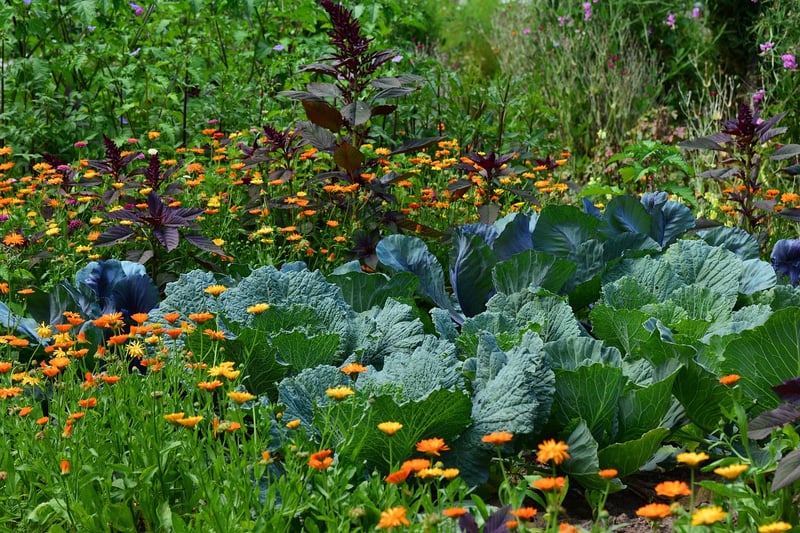Herb Growing
Tips for Healthy Plants and Herb Growing
Introduction
Welcome to our guide on keeping your plants healthy and growing herbs successfully. Whether you're a seasoned gardener or just starting out, these tips will help you cultivate thriving plants and flavorful herbs in your garden.
1. Choose the Right Location
Ensure your plants receive adequate sunlight based on their specific requirements. Some plants thrive in full sun, while others prefer partial shade. Herbs like basil and parsley typically need full sun, while mint can tolerate some shade.
2. Watering
Water your plants consistently, but be mindful not to overwater them. Different plants have varying water needs, so it's essential to understand the requirements of each species. Herbs like rosemary prefer drier conditions compared to basil, which enjoys more moisture.
3. Soil Quality
Use well-draining soil to prevent waterlogging, which can lead to root rot. You can improve soil quality by adding compost or organic matter to provide essential nutrients for your plants. Herbs, in particular, thrive in nutrient-rich soil.
4. Pruning and Harvesting
Regularly prune your plants to encourage growth and prevent overcrowding. When it comes to herbs, frequent harvesting promotes new growth and ensures you have fresh herbs for culinary use. Pinch off the tips of herbs like basil to encourage bushier growth.
5. Pest Control
Keep an eye out for common pests like aphids and caterpillars that can damage your plants. Consider natural remedies like neem oil or planting companion plants that repel pests. Herbs like lavender and mint can act as natural pest deterrents.
6. Fertilization
Feed your plants with a balanced fertilizer to promote healthy growth. Be cautious not to over-fertilize, as this can harm your plants. Herbs generally do not require heavy feeding and can benefit from organic fertilizers like compost tea.
7. Mulching
Apply mulch around your plants to retain moisture, suppress weeds, and regulate soil temperature. Organic mulches like straw or wood chips can also enrich the soil as they break down over time. Mulching is especially beneficial for herb gardens.
Growing Herbs
Herbs are versatile plants that not only add flavor to your dishes but also have medicinal properties and can attract beneficial insects to your garden. Some popular herbs to grow include basil, cilantro, mint, rosemary, and thyme.
Conclusion
By following these tips for healthy plants and successful herb growing, you can create a vibrant and productive garden. Remember to observe your plants regularly, adjust care as needed, and enjoy the satisfaction of growing your own fresh herbs and beautiful plants.

For more information and inspiration, check out The Old Farmer's Almanac - Growing Herbs.
